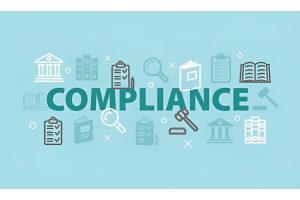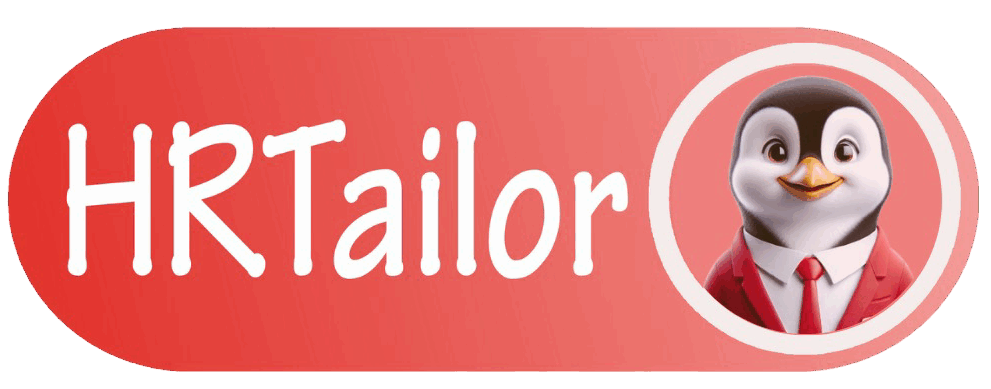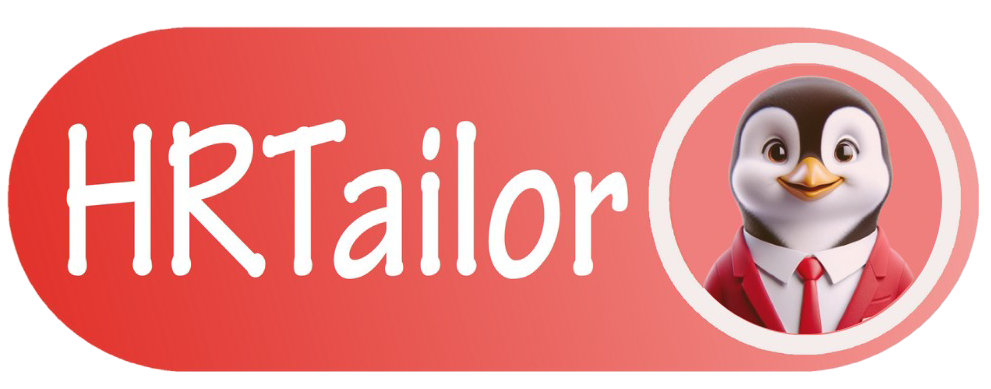
Is Compliance Worth the Effort? Here’s Why Your Business Can’t Afford to Ignore It
In recent years, government oversight has skyrocketed, and businesses of all sizes are feeling the pressure. Keeping up with evolving regulations on employee welfare, taxes, and workplace standards isn’t just a nice-to-have—it’s a necessity. The risks of non-compliance are real: heavy fines, legal headaches, a damaged reputation, and the erosion of employee trust. In short, compliance is no longer a back-office task; it’s a cornerstone of a thriving, resilient business. So, can you really afford to take the risk?
In this article, we’ll explore why compliance matters more than ever, the potential consequences of ignoring it, and how HRTailor’s services can help businesses navigate these tricky waters with ease.
The Real Risks of Non-Compliance
- Financial Penalties: Government agencies are serious about enforcing compliance, and businesses that fall short can face hefty fines. These financial penalties vary depending on the severity of the violation and the regulations involved, but they’re often substantial enough to hurt a business’s bottom line. For small to medium-sized businesses, in particular, non-compliance penalties can be financially crippling.
- Legal Challenges: Non-compliance doesn’t just affect your finances—it can also lead to legal challenges that consume time and resources. Disputes related to employee benefits, workplace safety, or payroll can drag on for months, taking focus away from your core business activities. In some cases, repeated violations or serious offenses could even lead to business closures or other severe restrictions.
- Loss of Trust Among Employees And Clients: Your workforce and customers are your most valuable assets, and they expect your business to operate responsibly. When a company fails to meet compliance standards, it sends a message that employee welfare and ethical practices aren’t a priority. This can lead to distrust among employees, high turnover rates, and a tarnished reputation among clients or customers. In a market where reputation is everything, non-compliance could cost you the goodwill you’ve worked hard to build.
Navigating the Complexities of Compliance
Understanding State-Specific Regulations: For many businesses, compliance isn’t just about following national laws; it often involves navigating state-specific regulations as well. For example, in India, certain states mandate Professional Tax (PT), while others may have unique stipulations related to the Labour Welfare Fund (LWF). Ensuring compliance in multiple jurisdictions can be a complex and overwhelming task, especially for businesses operating across different regions.
Meeting PF and ESIC Obligations: The Provident Fund (PF) and Employees’ State Insurance Corporation (ESIC) schemes are critical components of employee welfare in many countries, especially in India. These programs provide employees with financial security, health insurance, and other benefits. However, managing contributions, tracking compliance, and ensuring timely filing can be challenging without a robust system in place. Failure to comply with PF and ESIC requirements can lead to penalties and may affect employee benefits, leading to dissatisfaction and mistrust.
Practical Steps to Ensure Compliance
Given the stakes, building a solid compliance framework isn’t just advisable—it’s essential. Here are some steps businesses can take to streamline compliance efforts and foster a compliant workplace culture.
- Conduct Regular Audits: A compliance audit is an in-depth review of your business’s adherence to legal standards. These audits help identify potential areas of non-compliance before they become costly issues. Regular audits enable you to catch mistakes, review processes, and make improvements that keep your business aligned with current laws and regulations.
- Stay Informed and Updated: Laws and regulations are constantly evolving, and keeping up-to-date with these changes is key to maintaining compliance. This could mean subscribing to industry newsletters, joining professional networks, or consulting with legal experts who can alert you to relevant changes. By staying informed, you can proactively adjust your business practices and avoid unpleasant surprises down the road.
- Implement Clear Policies and Training Programs: Compliance isn’t just the responsibility of a single department—it’s a company-wide priority. Implementing clear policies that outline compliance requirements helps ensure that everyone in your organization is on the same page. Providing regular training sessions can also empower employees to understand and follow compliance guidelines, creating a culture of accountability and transparency.
- Use Compliance Management Tools: For many businesses, managing compliance manually is a challenge. Fortunately, there are digital tools and software that can simplify the process. Compliance management software can track deadlines, automate filing requirements, and generate reports to help you maintain up-to-date records. By investing in the right tools, you can reduce the risk of human error and streamline your compliance workflow.
- Educate Employees on Their Rights and Benefits: Compliance isn’t just about following rules—it’s also about ensuring that employees understand their rights and the protections in place for their welfare. Educating employees on the benefits provided by schemes like PF, ESIC, and health insurance builds trust and fosters a positive workplace culture. When employees know their employer values their well-being, they’re more likely to feel secure, satisfied, and loyal.
With HRTailor’s expertise, your business can thrive in a compliant, secure environment, ensuring peace of mind for you and your employees. After all, a compliant workplace is a strong workplace—and that strength is exactly what HRTailor is here to help you build.

